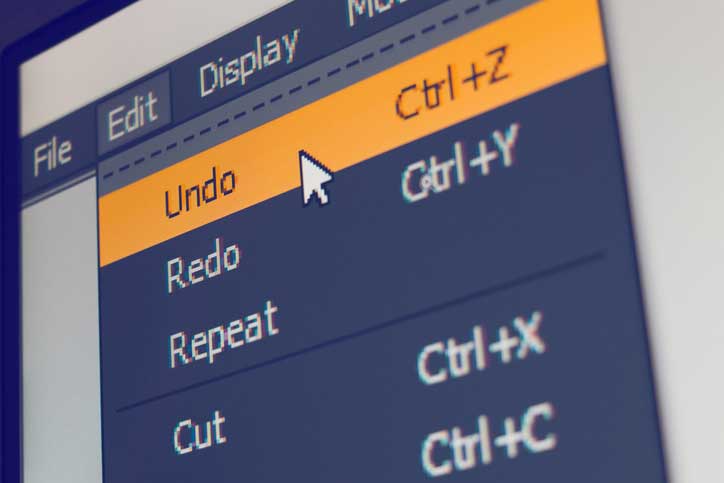Effective leaders are known for their ability to inspire in others their vision for a preferred future. These leaders imagine how the changes inherent in their vision will benefit their employees, their target population, and their bottom line. But less often do leaders think carefully about what their vision will undo.
In a recent discussion with friend Mike Metzger, President of The Clapham Institute, he reflected on a fascinating tendency among many leaders with whom he has consulted. Mike mused that most of these leaders describe with enthusiasm their vision to change their organizations. They talk about how this change vision will yield more profit or transform the world. But according to Metzger, these leaders do not typically give ample consideration to the impact of their change vision on values, core beliefs, or behaviors that are valued by key stakeholders. Only after the change vision has been activated do leaders and their colleagues recognize what they have undone.
Examples of this phenomenon abound.
- After Osama Bin Laden and his militants attacked the World Trade Center and the Pentagon in 2001, US government leaders incorporated an enhanced surveillance policy with the intention to protect America against terrorists. At the time it seemed legitimate for federal authorities to have access to people’s private information and communication. But soon they became aware that our fundamental rights of privacy had been compromised.
- Years ago, I pastored a traditional church in a small community. The church’s leadership was committed to reach a younger generation. So, we planned and launched a “contemporary service” with drums and new music. However, we did not seriously consider that separate services would compromise our congregation’s sense of community. Not to mention that the younger generation did not provide the financial support for this new initiative.
- In February 2004, several Harvard students created a way to connect with each other online. Soon Mark Zuckerberg envisioned a world in which people could interact with “friends” without leaving their homes. But he could not have imagined the negative impact Facebook would have on society’s definition of actual friendship.
- During the current COVID-19 crisis, federal and state leaders have enacted social distancing policies. But in their attempt to keep America safe, some governors envisioned their states in lockdown to avoid the pandemic’s spread. But they did not anticipate that US citizens would take to the streets in protest for their civil liberties.
And the list goes on.
Jesus warned his disciples to consider the cost before we embark upon a change vision (Luke 14: 25-33).
Wise leaders are careful what they wish for.

Leave a Reply